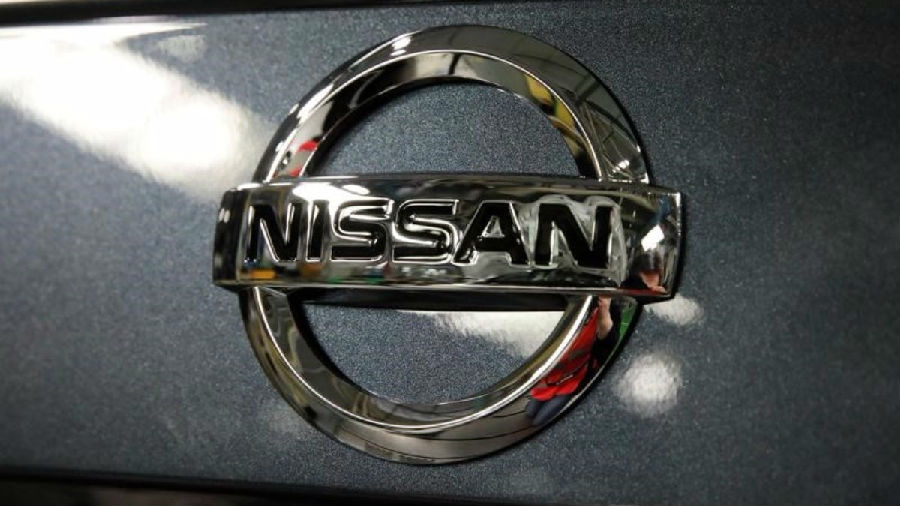Nissan has admitted that it has uncovered falsified data from car exhaust emissions tests at most of its Japanese factories.
近日,日产汽车公司承认在其位于日本的大部分工厂内发现了汽车尾气排放测试的伪造数据。
The firm did not disclose how many cars were involved, but said emissions and fuel economy tests had "deviated from the prescribed testing environment".
该公司没有透露具体涉及到多少辆汽车,但表示排放和燃油经济性测试“偏离了规定的测试环境”。
Nissan pledged there would be a "full and comprehensive investigation". It added that "appropriate measures" would be taken to stop any future recurrence.
日产承诺将进行一项“全面的综合性调查”,并补充称,将采取“适当的措施”来阻止此类事件在未来再次发生。

The company said it had rechecked "reliable" data and confirmed that all vehicles except the GT-R sports car conformed to Japanese safety standards. It did not explain why the GT-R had been excluded.
该公司表示已重新检查“可靠”数据并确认除GT-R跑车外的所有车辆均符合日本安全标准。但其并没有解释为何GT-R被排除在外。
Last year, Nissan recalled 1.2 million vehicles in Japan after regulators said safety checks did not meet domestic requirements.
去年,在日本监管机构表示安全检查未达到国内要求后,日产共召回了120万辆汽车。
The admission by Nissan comes after a huge scandal involving diesel emissions test cheating by Germany's Volkswagen.
在此之前,也暴发了德国大众集团的柴油汽车尾气排放检测作弊的巨大丑闻。
Last month, VW was fined euro1bn (GBP880m) by German prosecutors for selling more than 10 million cars between mid-2007 and 2015 that had test-cheating software installed.
上个月,大众汽车被德国检方罚款10亿欧元(8.8亿英镑),因为他们在2007年年中至2015年期间售出超过1000万辆安装有测试作弊软件的汽车。












